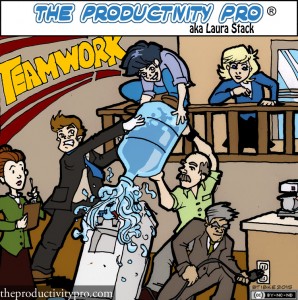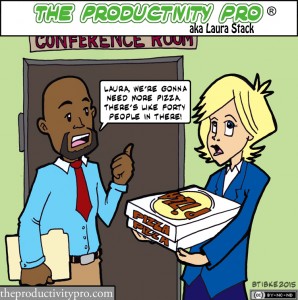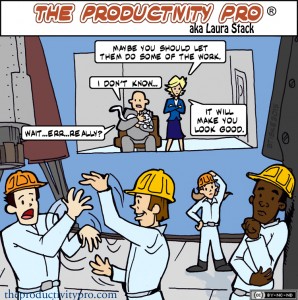
By the time we're in grade school, our teachers heavily emphasize the value of teamwork: "there's no ‘I’ in team," "play well with others," "class participation is part of your grade." And there's nothing wrong with any of that—childhood is rehearsal for life. Play and education are a kid's jobs, because these activities socialize us into our culture, help us learn how to handle other people, and teach us what adults expect of us as we mature. They also prepare us for the reality of working for a living, where few of us accomplish anything entirely alone. On the other hand, some cultures also urge us to be self-reliant, to pick up the slack where no one else will, to be our own people, to work hard for our own goals. The U.S., Britain, Australia, Denmark, and Holland are a few examples … [Read more...]











